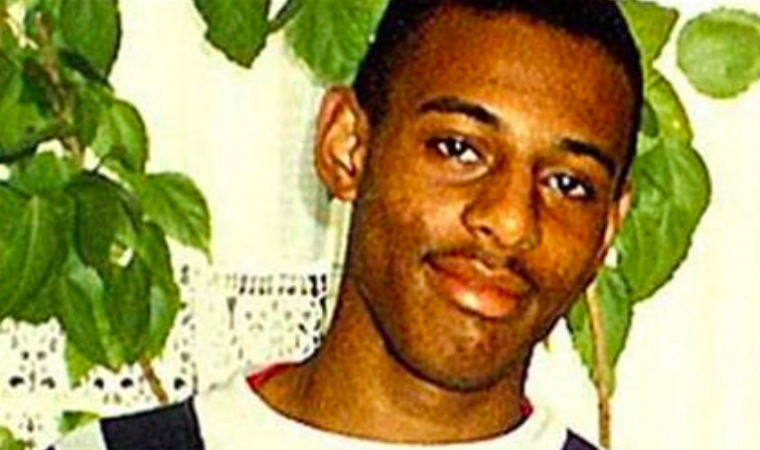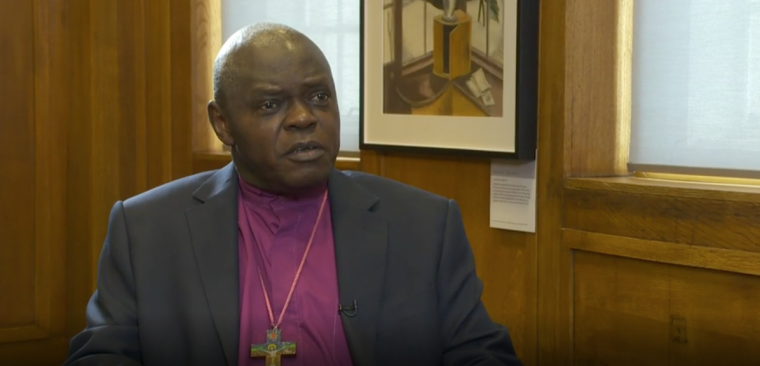Archbishop of York says police still need to learn about 'institutional racism' 25 years after Stephen Lawrence murder
John Sentamu has said that the Macpherson report which concluded the police were 'institutionally racist' following the murder of Stephen Lawrence 25 years ago yesterday needs to be 'revisited' by every police force to prevent ongoing failures.
Speaking to BBC Radio 4's Sunday programme on the anniversary, the archbishop of York said: 'I think the 72 recommendations, which were accepted by the then home secretary, and there was an action plan.... I'm afraid it needs to be revisited by every police service so that they learn the lessons that were very clear.'
Sentamu, who was bishop of Stepney at the time of the racist killing and was involved in supporting Stephen's parents Doreen and Neville in their fight for justice amid catastrophic police failures, added: 'I think it is a question of greater training, people need to be more vigilant and they need to realise that if you stereotype people, you end up disadvantaging them.'

The comments came after the current commissioner, Cressida Dick, insisted in a separate BBC documentary – Stephen Lawrence: The Murder That Changed a Nation – that the force had changed British policing and that nothing had done more personally to shape her own approach to the job.
Stephen, who was 18 and an aspiring architect, was set upon by a gang of white youths while waiting for a bus in Eltham, south London on April 22, 1993.
Two of the gang, David Norris and Gary Dobson, are serving prison sentences but Jamie Acourt, 41, his brother Neil Acourt, 42, and Luke Knight, 41, remain at large.
Yesterday, it emerged that Jamie Acourt is living in luxury in Marbella while on the run from police who are hunting him over links to drug dealing.
Dick said: 'As we approach 25 years since the murder of Stephen Lawrence we should all pause and reflect on the huge impact that his death has had. We remember the grief and loss of his family and friends and also the extraordinary legacy his death has left.
'My own involvement over many years has personally shaped and informed my own approach to policing like no other case, and it was a catalyst for huge and really positive change throughout British policing.
'The Met of today is not the Met of 25 years ago. However, we must not and I will not allow us to stand still.
'We must build even further on Stephen's legacy. We police the most diverse and wonderful capital city. Each and every person we serve must feel we are compassionate; professional and listen, that we act on behalf of everyone.
'We will build even stronger relationships with communities; champion the most professional investigations; compassionately support those who need us and through our recruitment grow even more representative of London's diversity.

'The dignity Stephen's parents have shown throughout the last 25 years is inspirational. Stephen's murder, and his parents' drive and passion, have brought so much change for London, policing and society, which I and the Met will always remember.'
Sentamu, who is originally from Uganda, also spoke on the Sunday programme about the racism he has experiences during his life. He said: 'The first funeral I took the father of the child came out and said, "What crime did my son commit to be buried by a black monkey?" 'That was the first encounter of people not wanting me to do their funerals because I was a black person.'
A memorial service for Stephen will take place today at St Martin-in-the-Fields church in central London, with Prince Harry and his fiancée Meghan Markle among those attending.











